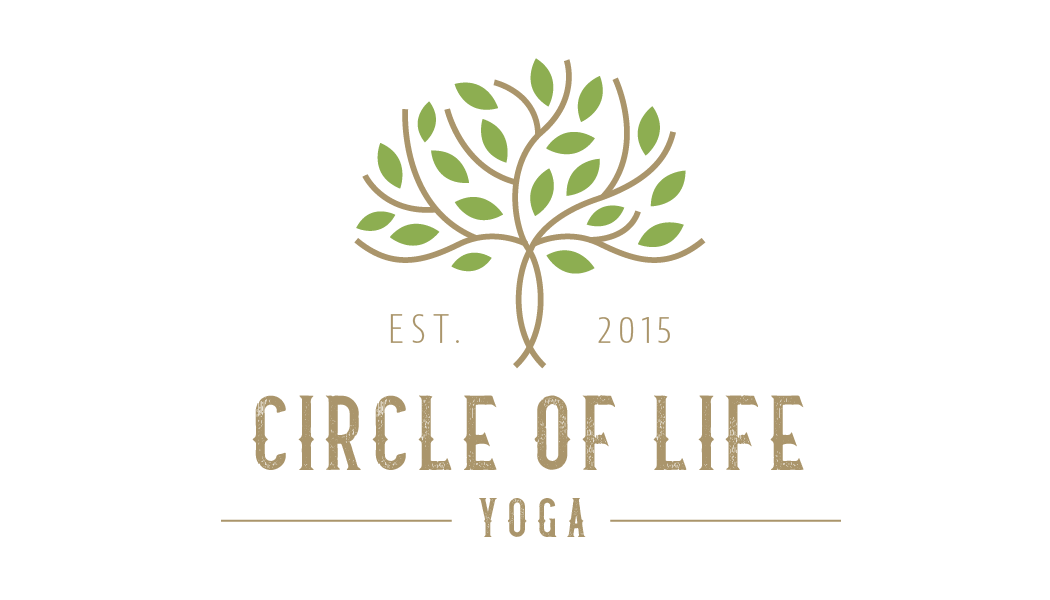Transform yourself and elevate your legal practice with this VIRTUAL course.
It's crucial to understand not just the law, but the human experience behind each case.
Dive into how trauma impacts decision-making, communication, and trust-building in legal settings. Learn trauma-informed communication strategies that enhance your client interviews, depositions, and courtroom interactions while maintaining ethical and professional boundaries.
Discover practical self-care techniques to maintain your own emotional resilience in the face of high-stress situations. Stay on top of your professional development while learning a skill set that’s more important than ever before.
This CLE addresses relevant Rules of Professional Conduct, case law, and underlying reasons that make lawyers prone to substance abuse, addictions, and subsequent misconduct.
Don't just practice law—make a lasting impact on the lives of your clients!
2.5 CLE Professional Conduct. $185
Register:
Trauma-Informed Yoga for the Ethical Lawyer CLE
Build Resilience to Vicarious Trauma
Many lawyers are regularly exposed to vicarious trauma through your clients. Trauma-informed yoga incorporates practices to release stored tension in the body, aiding in the prevention and healing of secondary trauma.
Improve Mental Clarity and Focus
The legal profession demands high levels of concentration and critical thinking. Chronic stress can fog the mind, leading to poor decision-making and cognitive overload. Trauma-informed yoga practices include breathing exercises and meditation, which can enhance mental clarity, increase focus, and improve decision-making abilities under pressure.
Foster Self-Care and Prevent Burnout
Burnout is a common issue for lawyers, who often prioritize your clients' needs over your own well-being. Trauma-informed yoga encourages self-awareness and self-care, helping lawyers recognize when you need to pause, rest, and replenish your energy. It offers tools to create boundaries, manage work-life balance, and avoid overextending yourself.
Increase Compassion and Empathy
Incorporating trauma-informed principles fosters a deeper understanding of how trauma affects not only the body but also emotional and mental states. Lawyers can become more empathetic and compassionate towards yourself and your clients, understanding that trauma may impact behavior and decision-making. This perspective can enhance your advocacy and communication with clients.
Cultivate Emotional Intelligence
Trauma-informed yoga enhances awareness of emotional responses and helps lawyers understand how your own emotional states may influence your professional interactions. This awareness can help in managing difficult negotiations, intense courtroom situations, and maintaining composure when dealing with challenging cases.
Connect Mind-Body
Lawyers often work in environments where you are detached from your physical bodies, spending long hours sitting at desks or in courtrooms. Trauma-informed yoga helps you reconnect with your body, releasing physical tension and promoting a sense of safety and calm.
“This was a nice change for a professional conduct CLE. The idea of yoga’s value in managing stress and burnout is a great insight. I especially enjoyed learning about the breathing techniques and value of essential oils. This CLE is worth a look, I am glad I chose it for my professional conduct hours this year.”
“I would have never thought about the intertwining of the practice of yoga and law. It is a very interesting way of looking at and approaching the many stresses of the practice of law. Do more of these, unique topics like these are great options!”
“Definitely going to focus on my breath when I’m stressed, and remind myself to be centered with clients that may trigger me. I loved it all!”
“It makes me want to double down on my yoga practice! It reminded me that it does as much for you mentally as it does physically. I appreciated the acknowledgment and discussion of ACE’s. ”


